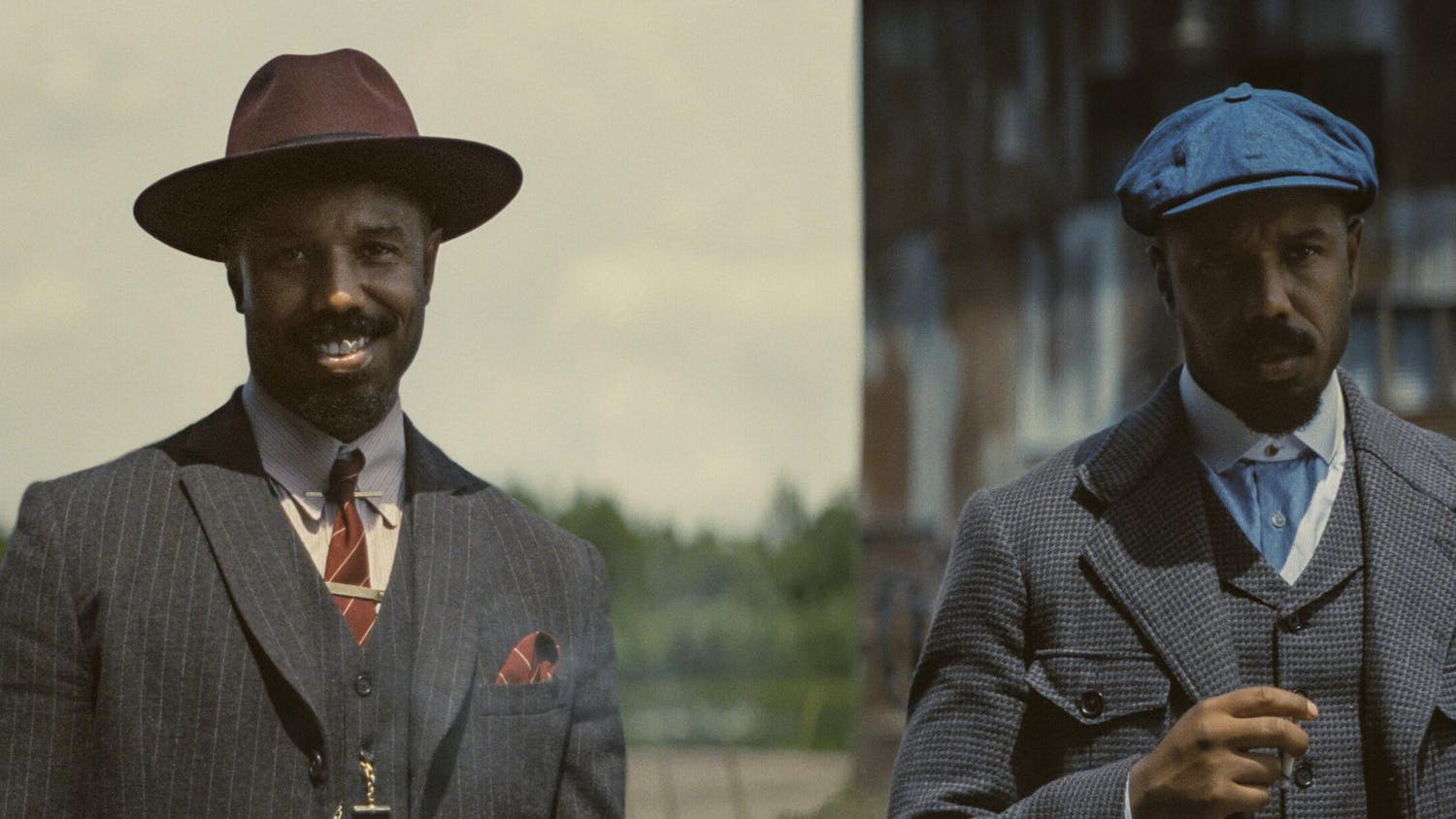The
Supreme Court of the United States will revisit the debate about
affirmative action today during the official hearing of Fisher v.
University of Texas.
The case surrounds Texas resident Abigail Fisher, who sued the
University of Texas in Austin for denying her admission to the
university while admitting less qualified, minority students, according
to a press release.
IU has joined with other public research universities to file an amicus,
or “friend of the court” brief in support of the University of Texas,
IU News and Media Specialist Steve Hinnefeld said.
Outside parties that have an interest in a case are free to file briefs
providing additional information for the court to consider.
“The University made a determination to work together with the other
flagship universities to draft the brief...essentially saying we are on
the record as supporting the law in the way it is currently
interpreted,” Hinnefeld said.
The outcome of the case could have potential implications about the use
of race in undergraduate admissions decisions at universities across the
country, including at IU, law professor Kevin Brown said.
Brown predicts that due to its controversial nature, the case decision will not be released until June 2013.
Due to the fact University of Texas’ admissions process differs from
that used by other institutions, the consideration of race in admissions
plays a small role in comparison to other universities, Brown said.
Brown said Justice Anthony Kennedy will provide the deciding vote.
“It is conceivable that Justice Kennedy will uphold what the University of Texas does,” Brown said.
However, Brown said he fears that while still upholding the case,
Anthony might substantially restrict or even eliminate the use of
affirmative action for other universities.
If the court enforces these restrictions, IU could potentially see a
reduction in enrollment of African American and Hispanic students, Brown
said.
He said this decision could also threaten the existence of minority
scholarship programs such as the Hudson and Holland Scholars program.
Hinnefeld said before the court announces its decision, it is difficult to speculate its impact on IU.
The last time the court approached affirmative action was in the 2003
Grutter versus Bollinger case. The court upheld that race could be used
in admissions decisions, but only as one of many factors in a holistic
approach, Edwin Marshall, vice president for
diversity, equity, and multicultural affairs said.
“It would be reasonable to think that if the court were to reverse the
Grotter case, then it could have a negative impact on diversity (at
IU),” Hinnefeld said.
Marshall mentioned his support for IU’s current policies involving underrepresented minority students.
“I would hope that the arguments in Fisher will support a finding that
any departure from Grutter is unjustified and that our programs will
continue to function under the guidance of Grutter,” he said.
Supreme Court revisits affirmative action case
Get stories like this in your inbox
Subscribe





